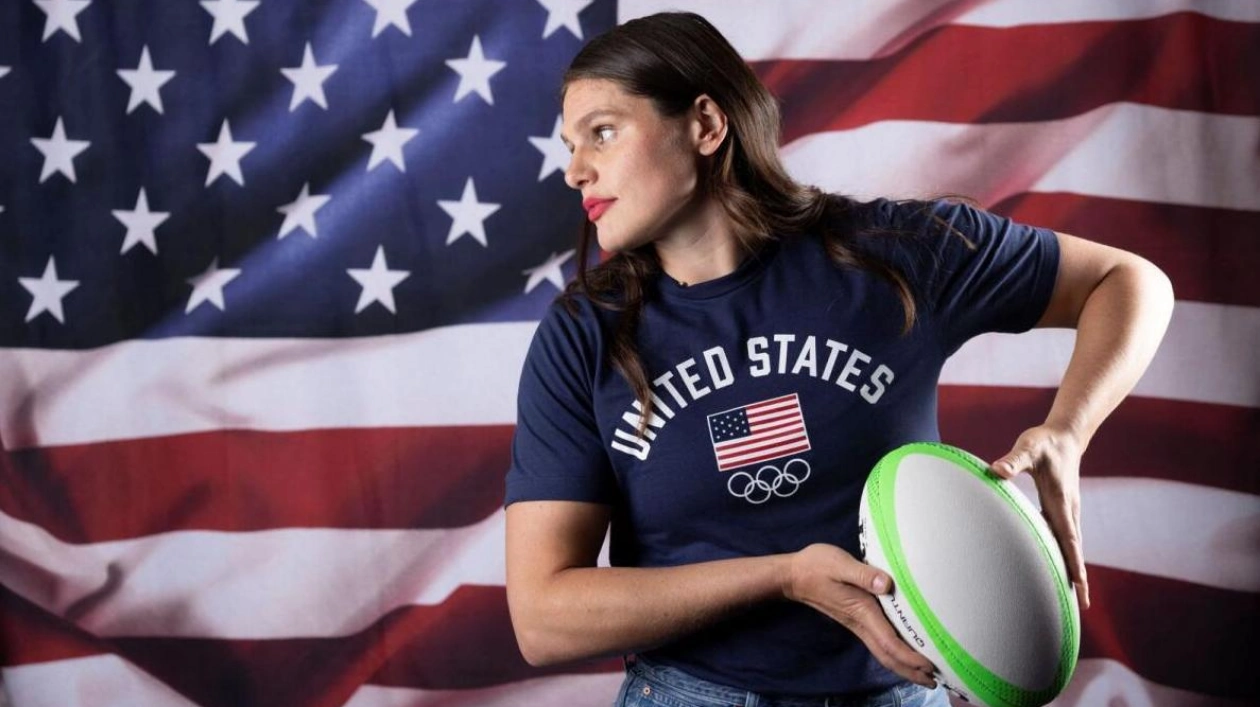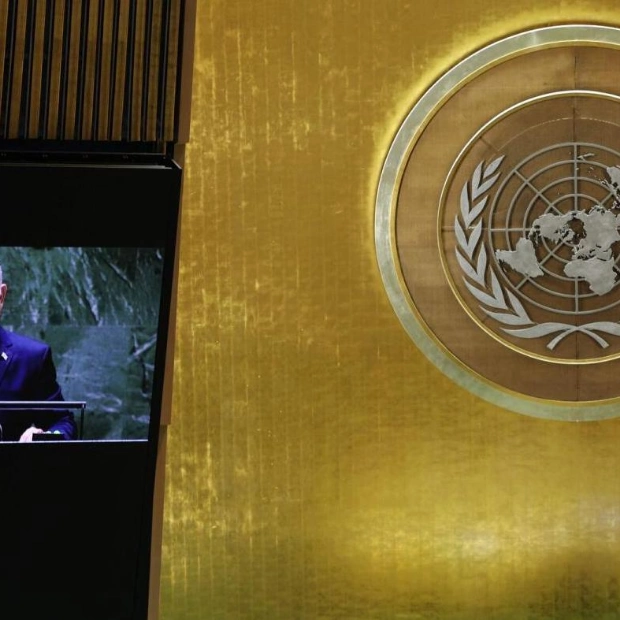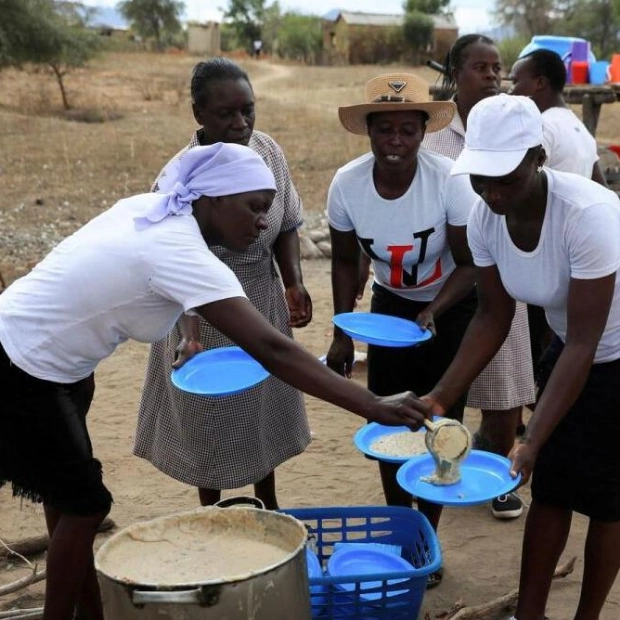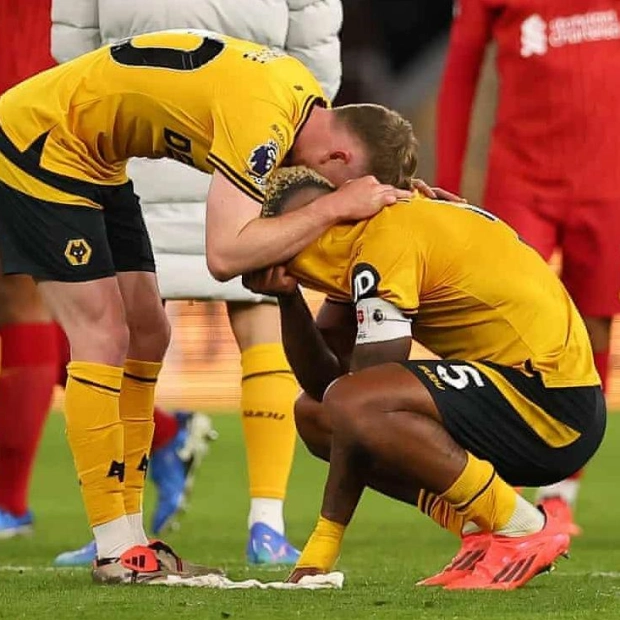Olympic athletes in Paris will not only be competing for gold but also for social media followers and likes, as the Games become a platform for viral fame. Over a hectic 16-day period starting July 26, Olympians will aim to capitalize on a brief opportunity to engage with fans through platforms such as YouTube, TikTok, and Instagram.
American rugby player Ilona Maher, who gained widespread attention at the Tokyo Olympics, now has over a million followers on TikTok, despite rugby's relatively low profile in the U.S. Her teammate, Ariana Ramsey, plans to emulate this success in Paris, producing four daily videos to enhance her online presence and support her goal of launching her own athletic apparel brand. Ramsey acknowledges the pressure, noting the unpredictability of social media engagement.
Many Olympians, including Ramsey, use social media to augment their income, securing one-off brand deals and charging for content. In the past, athletes might have required managers to broker such deals, but now companies often approach them directly. This social media activity is essentially a second job for many, including those who juggle multiple occupations.
Kate Johnson, Google's global marketing director for sports, entertainment, and content partnerships, highlights that online success does not necessarily require a high profile; uniqueness and relatability are key. Johnson, a former Olympic silver medalist in rowing, observes a surge in new opportunities for athletes since her own Olympic experience.
YouTube, owned by Google's Alphabet Inc., saw its unique monthly visitors nearly double from 1 billion in 2013 to around 2 billion by 2022. Johnson emphasizes the importance of athletes recognizing and leveraging their social media potential. Sponsors like Visa are also stepping in, offering digital storytelling masterclasses to enhance athlete engagement and comfort in the online space.
Samsung Electronics is equipping athletes with special edition phones to aid their social media efforts. However, the pitfalls of social media, such as online abuse, are also addressed, with companies like Asics partnering with data science firms to protect athletes from harassment. Despite the challenges, many athletes view social media as a necessary tool for personal and professional growth.






